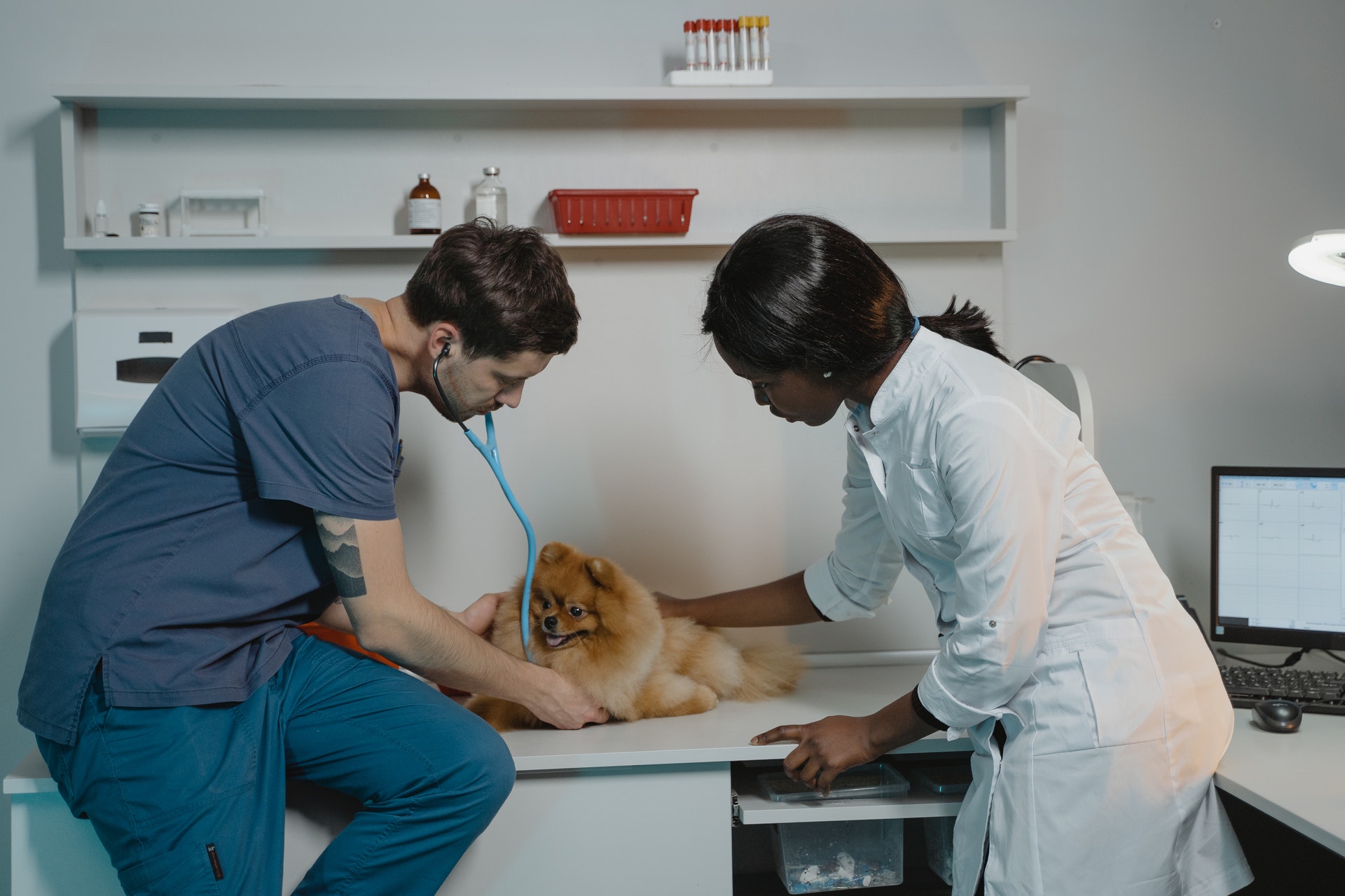The News & Advance ran an important story on the unveiling of a monument in Virginia to the United States’ first African American veterinarian, Augustus Nathaniel Lushington. Lushington, who was born on August 1 1869 and died sometime in 1939, was also the first African American to attain a doctorate in veterinary medicine from the University of Pennsylvania.
He earned this distinction in 1897. Lushington practiced in Philadelphia for two years before becoming an instructor at the Bell Mead Industrial and Agricultural College in West Virginia, where he taught veterinary sanitation and hygiene. Afterwards, he went on to practice veterinary medicine in Lynchburg, Virginia.
At the time, Lynchburg was a highly segregated city, where Lushington faced incredible amounts of discrimination, and yet earned the respect of many as a great vetereinarian. The monument to Lushington was unveiled at the Fifth Street Baptist Church at 1007 5th St and was commissioned by the Virginia Department of Historic Resources.
The News & Advance report on the occasion of the unveiling. There were many speakers at the event, including the church’s pastor, Rev. R. Stuart Jones; and other delegates. One of those speakers, a resident of Lynchburg, Jane Baber White, has been instrumental in getting over 25 historical monuments erected across the city. She played a key role in getting Virginia’s Department of Historic Resources to approve the historical marker.
White, a landscape gardener and student of history, said it was important to continue to educate the public about significant figures in Black history in the city. Many past historical figures such as this remain unknown despite the immense service they rendered in the face of massive opposition and prejudice.
Lushington, as the first African American veterinarian in the country, was certainly a very important figure who has received very little if any recognition in Lynchburg and the country as a whole. Yet, by all accounts, Lushington was a respected member of his community, with memberships in the Statistical reporter to the Bureau of Animal Industry, Federal Department Agriculture, and the Lynchburg Chamber of Commerce.
He was also very active in his church, the Chapel of the Good Shepherd. Considering the lingering prejudice in the country, White felt it important to point out the great figure of African American history to change negative narratives about African Americans.
Lushington was born in Trinidad, the descendant of slaves from what is now known as the Democratic Republic of the Congo. His grandfather worked as a slave on sugar plantations. His father was a butcher and farm worker, raising produce for the market. After he earned his doctorate in veterinary medicine in 1897, he became a veterinarian.
Within two years of attaining his doctorate, he was in Lynchburg, where he would remain for the rest of his life. He worked primarily for large farms, specializing in treating cattle and horses.
It’s interesting to note that the history of veterinary medicine in the country is so connected with the history of African American. From the struggles of early pioneers such as Lushington, to the work of the best animal hospital, we can find a common thread.
This is a Contributor Post. Opinions expressed here are opinions of the Contributor. Influencive does not endorse or review brands mentioned; does not and cannot investigate relationships with brands, products, and people mentioned and is up to the Contributor to disclose. Contributors, amongst other accounts and articles may be professional fee-based.

